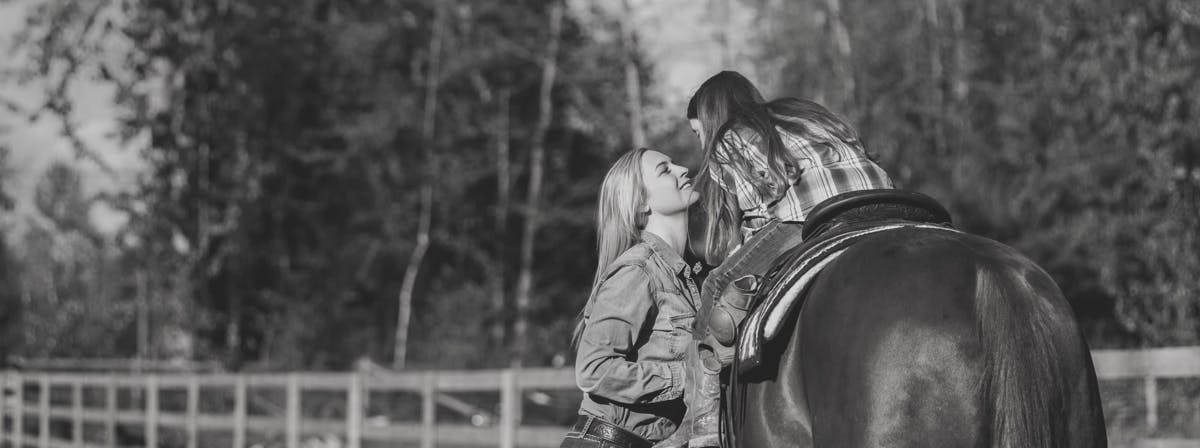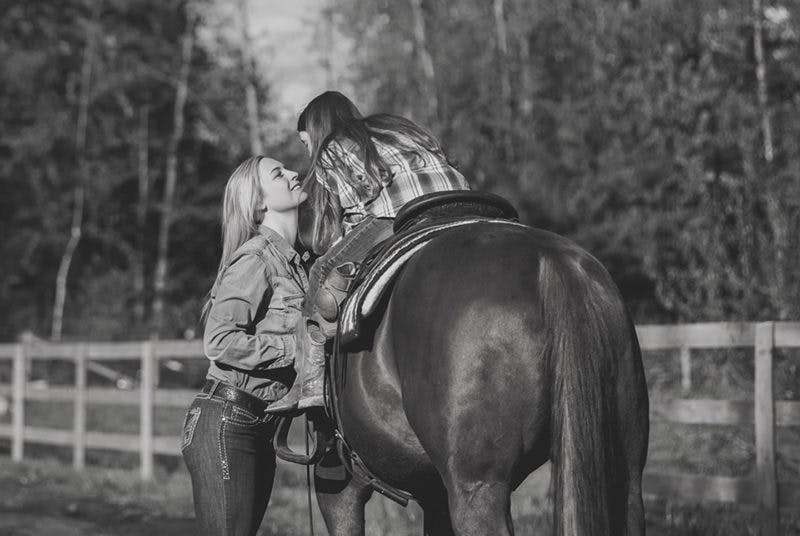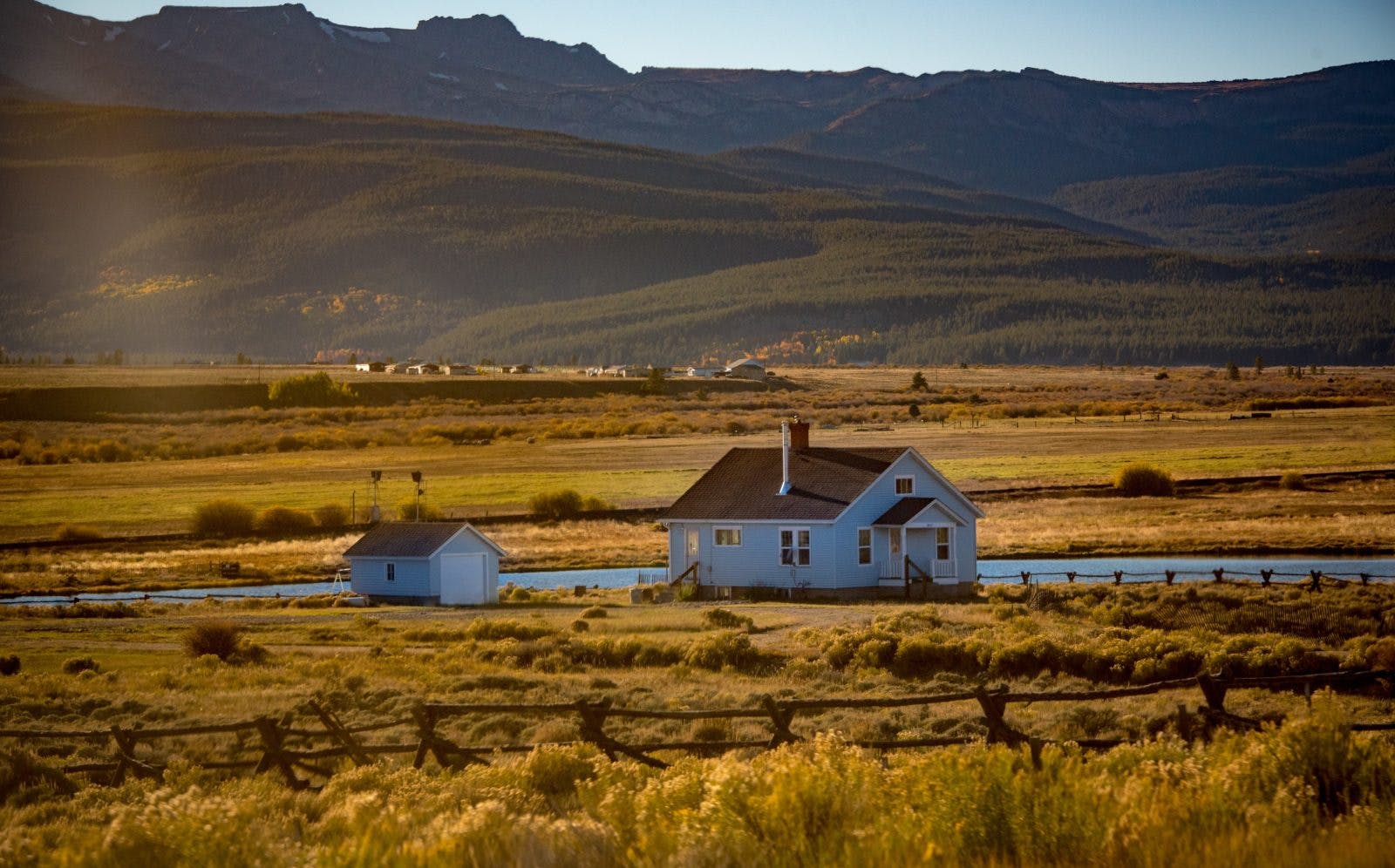You might have a large yard with room for the whole family to roam or a few paddocks where you keep your four-legged friends. But how do you actually know if your land is legally classified as farm class?
If you’re making income off your land for agricultural purposes it will most likely be classified as farmland. You can apply to have your property classified as farmland if it meets certain criteria. Finding out if your land needs to be classified as farmland is an important part of taxation and legal purposes. It also means you can claim expenses and the lifetime capital gains exemption when the time arises to sell.
Classification is dependent on the actual use of the property, not the market value. All properties in British Columbia are classified into one of the nine classifications. These are; residential, utilities, repealed, supportive housing, major industry, light industry, business and other, managed forest land, recreational property/non-profit organization and farms. Properties often can fit into more than one category which will be decided on application.
What counts as farm class?
Farm class land means you are making income off your land and it is being used for agricultural purposes. The Classification of Land as a Farm Regulation, B.C. Reg. 411/95, all sounds very complex but is broken down into the official criteria below.
The official criteria to qualify as farm classification is as follows:
Land used for a qualifying agricultural use; land used for purposes that contribute to a qualifying agricultural use (e.g., irrigation, access to farm outbuildings, shelterbelts); land used for a farmer’s dwelling; land in an agricultural land reserve (ALR) that is used for a retired farmer’s dwelling; land used for the training and boarding of horses when operated in conjunction with horse rearing; and in some cases, vacant land associated with a farm.
How do you apply for farm classification?
To apply to have your land classified as a farm for the next taxation year you must submit an application for Farm Classification or a Retired Farmer’s Dwelling Land Application. These application forms and more in-depth information on the process can be found on the BC Assessment website. They have a full how-to guide on the page which includes step-by-step instructions making the process a breeze.
Why is it necessary to show farm income?
In order to classify as farm class the land must produce income from one or more agricultural uses. The income for the purposes of farm classification will be dependent on the farm gate amount you get from your agricultural products.
What counts as agricultural use?
In order to submit your land as farm class your property must be using it for one of the agricultural uses below:
- apiculture
- aquaculture
- Christmas tree culture (plantation and cultured native stand)
- dairying
- floriculture
- forage production
- forest seedling and seed production
- fruit and vegetable production
- grain and oilseed production
- herb production
- horticulture
- intense cultivation of plantations of Populus species (Poplar trees) and Salix species (Willow trees)
- management of the Betula species (Birch trees) and the Acer species (Maple trees) for the production of sap or syrup
- raising insects for biological pest control
- livestock raising (includes dairying, horse rearing, poultry and egg production, wool, hide, feather or fur production, raising animals for food for human or animal consumption)
- medicinal plant culture
- seed production
- turf production
- raising crops for food for human or animal consumption
Purchasing a property that is already classified as ‘farm’?
What if you purchase a new property and it’s already been classified as a farm? If you are still planning on continuing its use as a ‘farm’ you’ll still have to submit a general application for farm classification to BC assessment after you buy the property. If you don’t plan on continuing the use of it for an income-earning farm property then you’ll need to contact BC assessment and let them know you’ll be stopping the agricultural activity.
Horse Rearing as a Qualifying Agricultural Use
You might have some furry four-legged horse friends that you plan on selling or raising to sell. This is classified as agricultural use and might mean your property qualifies of farm class land. If you’re training or boarding horses on your property, this could also mean you qualify for farm class.
Land used for equestrian centres, horse boarding, training or rental facilities will not be eligible for farm classification unless they are operated in conjunction with rearing horses for sale, and the horse rearing operation meets the minimum income and sales requirements. Related non-farm activities such as restaurants, snack bars and lounges are classified as business and others.
Hobby farm classification
If you do own farmland but it’s not for any income purposes you might classify as a hobby farm. A hobby farm refers to a farm that is used for primarily recreational purposes. You may earn a very small amount of income from a hobby farm but it will be nowhere near enough to live off.
Hobby farms often look like someone trying out some horticulture, grazing some horses or buying a few chickens. They will not be the primary source of income for the owner but rather a fun and recreational venture.
When you successfully apply to be classified as a hobby farm you do not have to file any tax returns. This also means you won’t be able to claim losses related to this activity. It’s important to be aware if you’re classified as a hobby won’t have access to the lifetime capital gains exemption when the time comes to sell. Hobby farms are a good alternative way to classify your land correctly if it does not meet the requirements for farm class land. If you’re struggling to decide what class your land sits in there is a lot of useful information available on the BC Assessment website. You can even get in touch with one of their representatives to help you with the process.
Thinking of buying or selling real estate in the Fraser Valley? Let’s talk!



